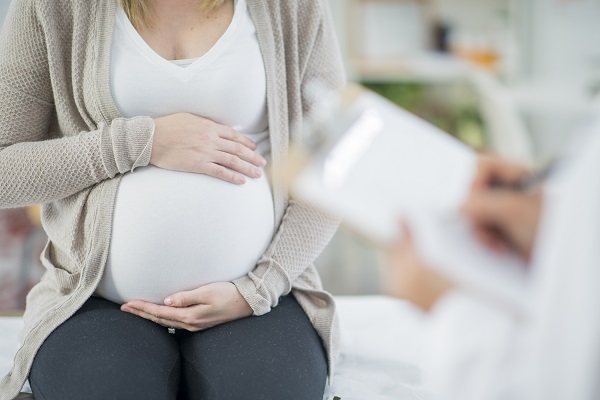
High risk pregnancies are not common, but they do exist more often than one would think. And this does not constitute the regular discomfort of morning sickness, fatigue, and swollen ankles that most pregnancies present. Pregnancies that are high risk are usually due to preexisting conditions. They can also occur due to complications that arise without warning during pregnancy.
What is a high risk pregnancy?
A pregnancy is generally categorised as high risk in order to allow medical professionals to monitor progress and intervene if necessary. Common risks include:
- Age
- Previous birth experiences
- Underlying medical conditions
The common factor in each case is that mother, baby, or both, are at increased risk of complications during pregnancy, birth, and the period directly afterwards.
What constitutes high risk?
- Longstanding medical problems such as high blood pressure, heart disease, diabetes, TB, Crohn’s disease, lupus, asthma, AIDS or a seizure disorder
- The expectant mother is aged under 15 or over 35, although the latter is increasingly common. Older mothers have a higher risk of miscarriage, birth defects, and caesarean section delivery.
- When the expectant mother is significantly overweight or underweight. Obese women are more likely to develop diabetes or hypertension, or require a caesarean section
- Multiple births are automatically classified as high risk
- Gestational diabetes
- Premature labour
- A history of pregnancy complications in the mother’s health or in the health of previous infants her infant (stillbirth, a premature baby or a baby born with a birth defect such as a heart problem or genetic condition) is considered high risk
- During pregnancy, the expectant mother suffers from conditions such as vaginal or cervical infections or undergoes emergency surgery such as for appendicitis
- The baby is exposed to infection including mumps and rubella, or to damaging substances or medications
Tips on coping with a high risk pregnancy
- Seek medical advice as soon as you realise that you are pregnant. Every major maternity hospital in Ireland has a specialist unit for high-risk pregnancies
- Keep yourself informed as to the likely consequences and interventions related to your condition
- Network with other mums and mums-to-be who have had similar experiences.
- In many instances, such as diabetes, your diet will be restricted. Follow your doctor’s advice closely. Pre-conception nutrition to prepare your body for pregnancy is often recommended, as well as maintaining a healthy weight and diet.
maternity & infant
Originally posted 2018-02-23 11:01:33.








